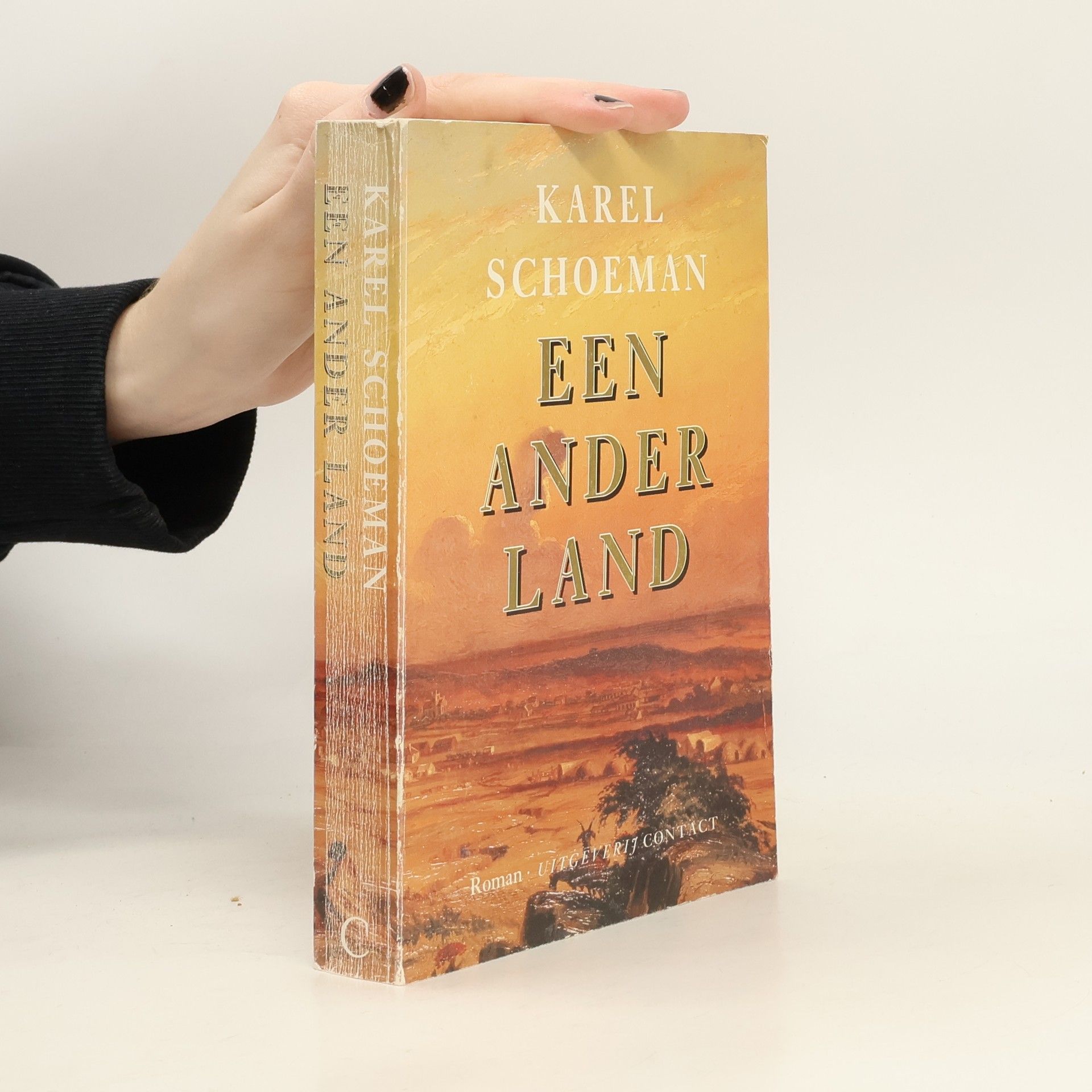Karel Schoeman Bücher
Schoeman gehört zu den afrikaanssprachigen Autoren, die bereits zu Lebzeiten wahre Größe erlangten. Sein Werk befasst sich mit der Existenz der Afrikaner in Afrika, insbesondere jener europäischer Abstammung. Schoemans Schreiben dringt tief in das Herz der afrikanischen Identität und ihre Beziehung zum afrikanischen Kontinent ein. Seine einzigartige Perspektive bietet den Lesern einen faszinierenden Einblick in das komplexe Erbe dieser Gemeinschaft.






Bailies Party: The New Land, 1820‒1834
- 651 Seiten
- 23 Lesestunden
In 1820 John Bailie, a member of an Anglo-Irish landowning family and former lieutenant in the Royal Navy, led a large party of British immigrants to South Africa as part of a group later to be known as the 1820 Settlers. His party soon dissolved, but Bailie became extensively involved not only in the affairs of the Eastern Cape, but also those of the Transorange in the early stages of European settlement, and the colony of Natal.
A set of all three volumes in the Bailie Party series.
Bailies Party: The Frontiers, 1834‒1852
- 590 Seiten
- 21 Lesestunden
This biography of John Bailie and his family, based on the extensive research of Mrs M.D. Nash, an authority on the British Settlers, tells the story of an adventurous life inextricably linked with the colonial history of South Africa during the first half of the nineteenth century. The second volume (of three), deals more specifically with the manner in which the settlers adjusted to their new environment. This biography of John Bailie and his family, based on the extensive research of Mrs M.D. Nash, an authority on the British Settlers, tells the story of an adventurous life inextricably linked with the colonial history of South Africa during the first half of the nineteenth century.
Bailies Party: The Old World, 1757‒1819
- 432 Seiten
- 16 Lesestunden
In 1820 John Bailie, a member of an Anglo-Irish landowning family, led a large party of British immigrants to South Africa as part of a group later to be known as the 1820 Settlers. The first volume (of three) based on the extensive research of Mrs M.D. Nash, an authority on the Settlers, attempts to trace the European background of both Bailie and the members of the settler groups, and to understand the cultural heritage they brought with them to South Africa.
Witnesses to War
Personal Documents of the Anglo-Boer War from the Collections of the South African Library
- 176 Seiten
- 7 Lesestunden
English, Afrikaans
Een ander land
- 311 Seiten
- 11 Lesestunden
Een Nederlander reist in 1870 naar Bloemfontein in Zuid-Afrika in de hoop daar te genezen van zijn tbc.
